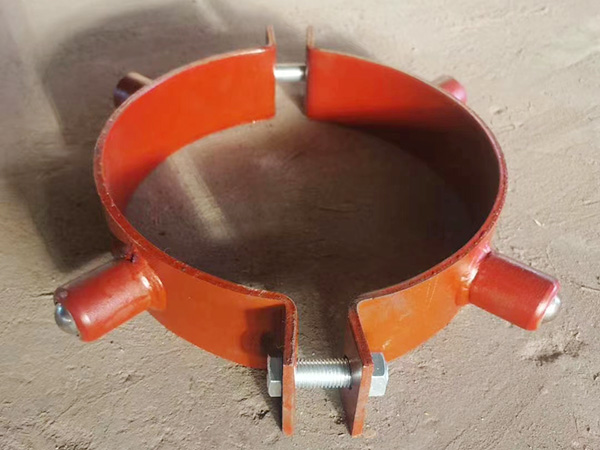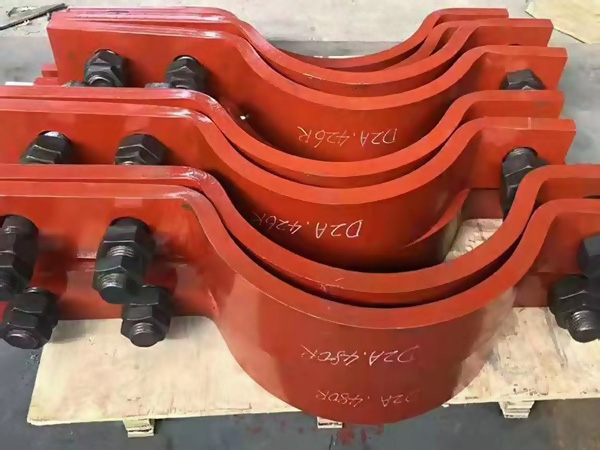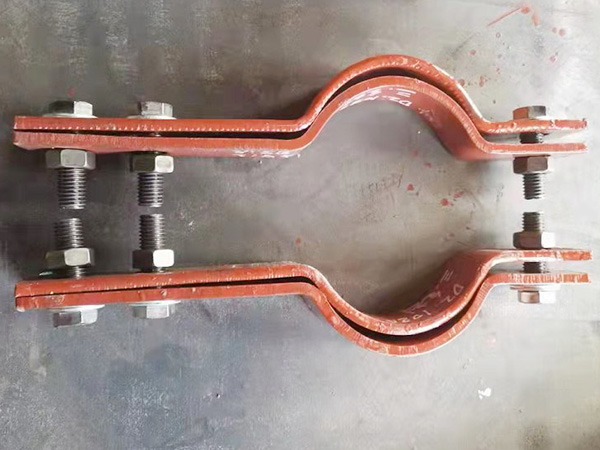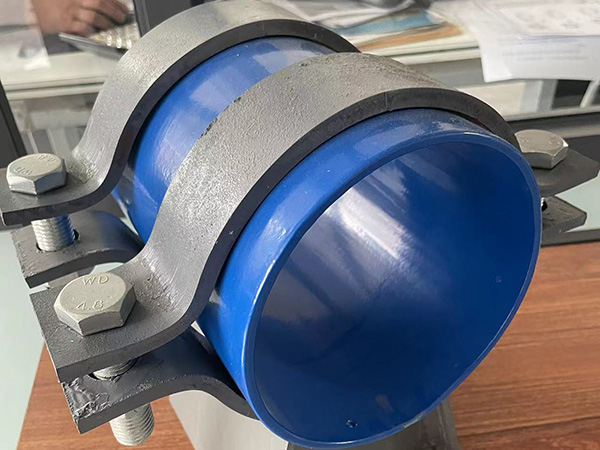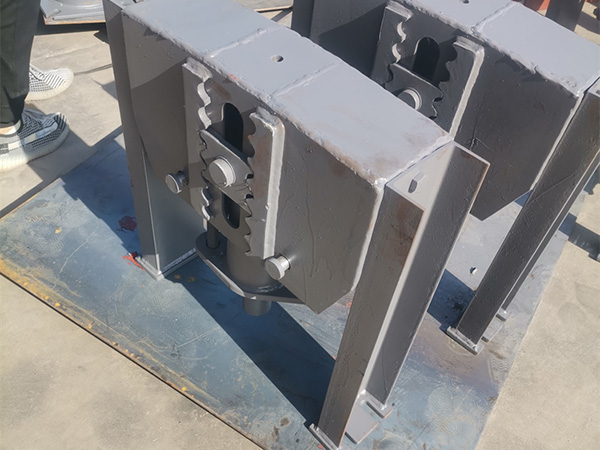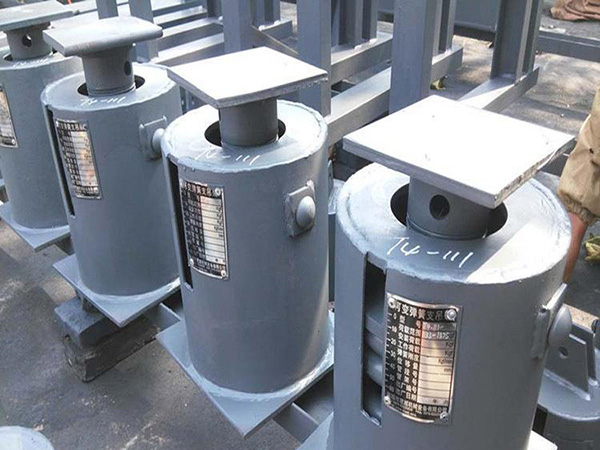Manufacturing Process and Quality Control Key Points for Pipe Tees
Author:Mingde Time:2025-04-29 00:55:12 Click:185
Pipe tees are vital fittings in piping systems, used to merge or split flows in various directions. To ensure they perform reliably under diverse operating conditions, the manufacturing process and quality control measures must adhere to strict standards. This article outlines the typical production methods for pipe tees and highlights the key aspects of quality assurance.
I. Manufacturing Process of Pipe Tees
Depending on the material (carbon steel, stainless steel, alloy steel, etc.) and production requirements (seamless or welded), pipe tees are manufactured using several primary methods:
1. Hot Forming (Extrusion Method)
This is the most common method for seamless tees.
Raw Material: A pipe segment of appropriate diameter.
Heating: The pipe is heated to a suitable forging temperature (usually between 900°C – 1200°C).
Hydraulic Press Forming: A mechanical or hydraulic press is used to extrude the branch from the main pipe body using a special die.
Shaping & Sizing: After the branch is formed, the tee is resized to meet dimensional standards using shaping tools.
Heat Treatment: Normalizing or annealing is performed to relieve internal stress and ensure mechanical properties.
2. Cold Forming (for Small Sizes or Thin Walls)
Used when dimensional precision is essential.
Cold press machines form the branch at room temperature using high pressure.
Requires intermediate annealing to prevent material hardening.
3. Welding and Fabrication (for Large Tees or Special Alloys)
Fabricated Tees are made by welding three cut pipe sections (main pipe + branch).
Precision beveling and fit-up are crucial.
Welds must undergo post-weld heat treatment and non-destructive testing.
II. Quality Control Key Points
Quality assurance during tee manufacturing ensures product performance, safety, and regulatory compliance. The following aspects are particularly important:
1. Material Inspection
Verify raw materials with mill test certificates (MTC).
Conduct chemical composition analysis and mechanical property testing (tensile, yield, elongation).
Ensure traceability through material heat numbers.
2. Dimensional Control
Use gauges and calipers to check key dimensions: outer diameter, wall thickness, branch angle, and length.
Ensure compliance with international standards such as ASME B16.9, DIN, JIS, or EN.
3. Surface Finish and Defect Inspection
Surfaces must be free from cracks, dents, corrosion, or welding spatters.
Visual inspection is supported by magnetic particle testing (MT) or dye penetrant testing (PT) for surface defects.
4. Non-Destructive Testing (NDT)
Ultrasonic Testing (UT) or Radiographic Testing (RT) is used for internal defect detection, especially for welded tees.
NDT must be performed according to customer specifications or relevant codes.
5. Heat Treatment Verification
Check temperature curves and hold times for normalizing or stress-relief heat treatment.
Perform hardness testing and microstructure evaluation when necessary.
6. Hydrostatic or Pneumatic Pressure Testing
Completed tees are subjected to pressure testing to ensure they withstand the design pressure without leaking or deforming.
Test parameters must match or exceed application requirements.
7. Marking and Traceability
Tees must be clearly marked with:
Manufacturer’s logo
Material grade
Size and schedule
Heat number
Standard (e.g., ASME B16.9)
Maintain traceability throughout the production process.
8. Final Inspection and Documentation
Complete inspection reports, NDT results, and test certificates must accompany the shipment.
Random sampling or 90% inspection based on customer requirements.
Conclusion
The manufacturing of pipe tees is a technically demanding process requiring precise forming techniques and rigorous quality control. From raw material verification to final inspection, every stage must be executed under controlled conditions to guarantee product integrity and performance. By maintaining high standards in production and inspection, manufacturers can ensure their pipe tees meet the expectations of critical industries such as oil & gas, chemical processing, power generation, and water treatment.
 Hot Products
Hot Products
 Contact Us
Contact Us
Contact:
Mobile:+86 +86 19133378808
Website:mingdepipe.com
Address:


